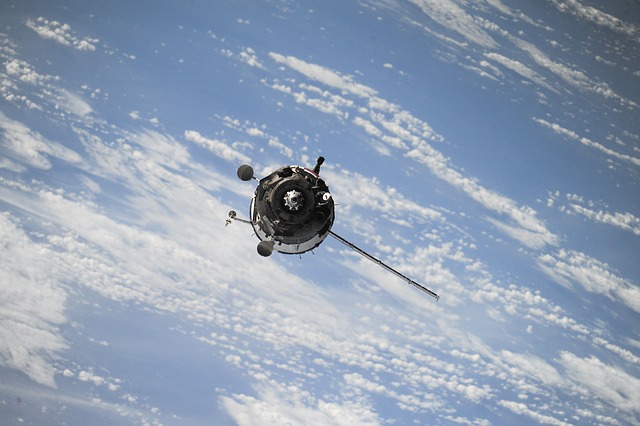
Part of the UK’s Industrial Strategy, the new spending programme will see up to £20m made available for Cornwall’s proposed horizontal launch infrastructure. Cornwall Council will provide £12m with the UK Space Agency delivering an additional £7.85m. It is planned that Richard Branson’s US-based launch provider Virgin Orbit will operate from the facilities and assist with their development. It’s claimed that the spaceport could be capable of launching small satellites by the early 2020s and will create up to 150 jobs.
“These exciting plans from Spaceport Cornwall and Virgin Orbit to make horizontal launch a reality from Cornwall will help further our position as a leader in the new space age,” said business secretary Greg Clark.
“Alongside our commitment to the proposed vertical launch spaceport in Sutherland, this is making the UK the most attractive place in Europe for those looking to Earth’s orbit and beyond.”
The UK Space Agency has also committed €8m (£7m) of funding via ESA for developing a new instrument known as a ‘plasma analyser’. Set to be built by scientists at UCL’s Mullard Space Science Laboratory, the space weather tool will sit at Lagrange point (L5) between the Earth and the Sun, providing an early warning system for solar flares and storms. The international mission will see the UK Space Agency and ESA working alongside NASA and the US’s National Oceanic and Atmospheric Administration (NOAA).
“Space weather has the potential to cause severe disruption to critical satellite and ground-based infrastructure, so it’s essential that we take steps to mitigate this threat through improving our ability to forecast extreme solar activity,” said Dr Graham Turnock, UK Space Agency CEO.
“The space weather mission projects our global influence by partnering with Europe and the USA, driving and protecting future UK knowledge and prosperity, and keeping Britain safe and secure from potential impacts of space weather.”
Lastly, a National Space Council will be established later in 2019, with the aim of providing strategic leadership on space across government and coordinating UK space strategy under a new National Space Framework.
“We welcome the government’s announcement to establish a National Space Council,” said Andy Green, president of UKspace.
“Around the world governments act as key customers, enablers and regulators of space. The creation of a National Space Council is a critical step to a more joined-up approach across government to support the growth of the UK space sector and mirroring the approach taken in the United States.”




Project to investigate hybrid approach to titanium manufacturing
Sadly they will not be ordering any more presses from Wilkins & Mitchell http://www.historywebsite.co.uk/articles/Darlaston/WM.htm